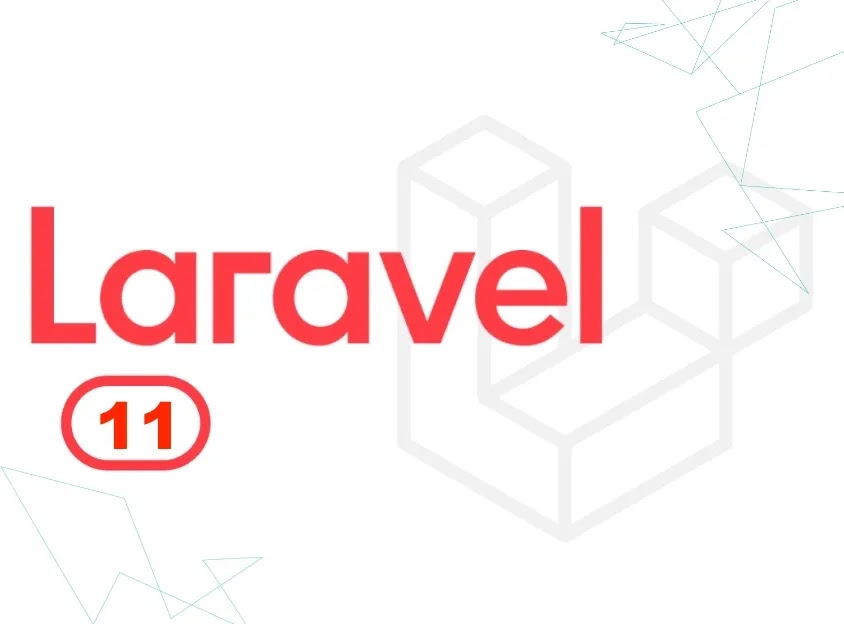Hello, fellow Laravel enthusiasts! With Laravel 11 just around the corner, anticipation is reaching a fever pitch. For those who weren't lucky enough to attend Laracon in New York or missed Taylor Otwell's groundbreaking keynote, don't worry; we've got you covered.
Laravel has been a powerhouse in the world of PHP web development, known for its elegant syntax, powerful features, and vibrant community. With each new release, Laravel continues to evolve, making developers' lives more comfortable and their codebases more maintainable. Laravel 11 is no exception, and it comes with a slew of exciting changes and improvements that promise to streamline your development workflow.
Streamlined Directory Structure
Starting with the basics, Laravel 11 is on a mission to declutter! Let's look at a few of the most exciting changes:
Controllers Simplification
Gone are the days of extending controllers by default. This means cleaner code, especially for newbies just getting their feet wet in the Laravel ecosystem. In Laravel 11, you won't need to extend a base controller class for every new controller you create, simplifying the controller structure.
Goodbye Middleware Directory
Laravel now feels that most of its nine built-in middleware don't require customization. However, if you're keen on tweaking them, they've been relocated to the `App/ServiceProvider`. Here's how you might interact with the new setup:
public function boot(): void
{
EncryptCookies::except(['some_cookie']);
}
This change makes it easier to manage middleware and eliminates unnecessary files in your project's directory structure.
Au Revoir, `Http/Kernel`
No need to dwell in the Kernel anymore; all those features have been moved to `Bootstrap/App`. A small example:
return Application::configure()
->withProviders()
->withRouting(
web: __DIR__.'/../routes/web.php',
commands: __DIR__.'/../routes/console.php',
)
->withMiddleware(function(Middleware $middleware) {
$middleware->web(append: LaraconMiddleware::class);
});
This reorganization simplifies the bootstrapping process and makes it more intuitive to manage your application's core functionality.
New Take on Model Casts
Laravel 11 reinvents model casts by introducing them as methods instead of properties. This revamp not only simplifies but also expands the functionalities. Here's a sneak peek:
protected function casts(): array
{
return [
'email_verified_at' => 'datetime',
'password' => 'hashed',
'options' => AsEnumCollection::of(UserOption::class),
];
}
This change provides more flexibility and control over how your models handle datacasting, opening up new possibilities for customization.
Config Evolution
Config files? More like a bundle of confetti that got out of hand. Laravel 11 is tidying up, pushing most options to the `.env` file. But, fret not! With the new `config:publish` command, your bespoke configuration won't get lost in the shuffle. This change simplifies configuration management and reduces clutter in your `config` directory.
Routes and Console Simplifications
Keeping with the theme of "less is more," Laravel 11 will introduce only two default route files: `console.php` and `web.php`. Fancy API routes or websockets broadcasting? Simply opt-in with `php artisan install:api` or `php artisan install:broadcasting`. This change streamlines the route setup and makes it easier to manage your application's routing.
Also, say goodbye to the Console Kernel. Instead, you'll find solace in defining your console commands right within `routes/console.php`. This consolidation reduces complexity and aligns with Laravel's mission to simplify.
A Word of Caution on Named Arguments
For those who've fallen in love with PHP 8's named arguments, a word of caution! Laravel's not promising backward compatibility here. Always be wary of function parameter name changes when using named arguments in your Laravel applications. While PHP 8's named arguments offer cleaner and more readable code, ensure that your Laravel project can accommodate this feature before diving in.
PHP 8.2: A Necessary Evolution
Setting the bar high, Laravel 11 mandates PHP 8.2. If you've been delaying that PHP version upgrade, now's your sign! Laravel's commitment to staying up-to-date with the latest PHP versions ensures that your applications remain secure and take advantage of the latest language features.
Laravel's Support Commitment
Consistency is key, and Laravel doesn't skimp on its support. With bug fixes available for 18 months and security fixes for 2 years post-release, Laravel 11 promises stability until at least February 3rd, 2026. Laravel's commitment to long-term support ensures that you can rely on the framework for the foreseeable future. Check out the provided table in the Laravel News input for an extensive overview of Laravel's commitment to its versions.
Conclusion
There you have it — some of the exciting changes and improvements in Laravel 11. As always, Taylor Otwell and the Laravel team are working hard to make our lives easier as developers. If you haven't already, now's a great time to start exploring Laravel 11 and experimenting with these new features. Don't forget to keep an eye on the Laravel blog for more updates and announcements.
Happy coding! 🚀
Laravel 11 is shaping up to be another game-changer in the PHP ecosystem, and it's bound to make your Laravel development experience even more enjoyable and efficient. So, get ready to dive in, explore these new changes, and level up your Laravel projects!


.png)


.png)


0 Comments